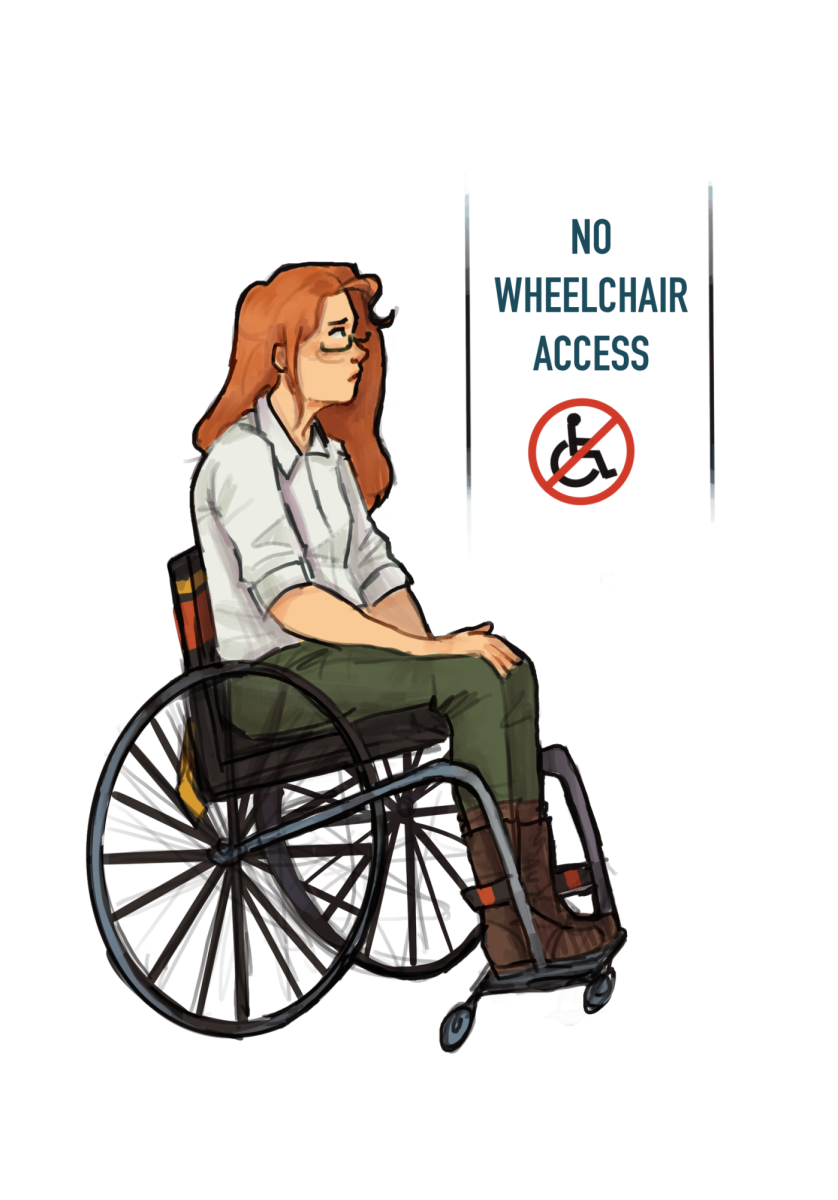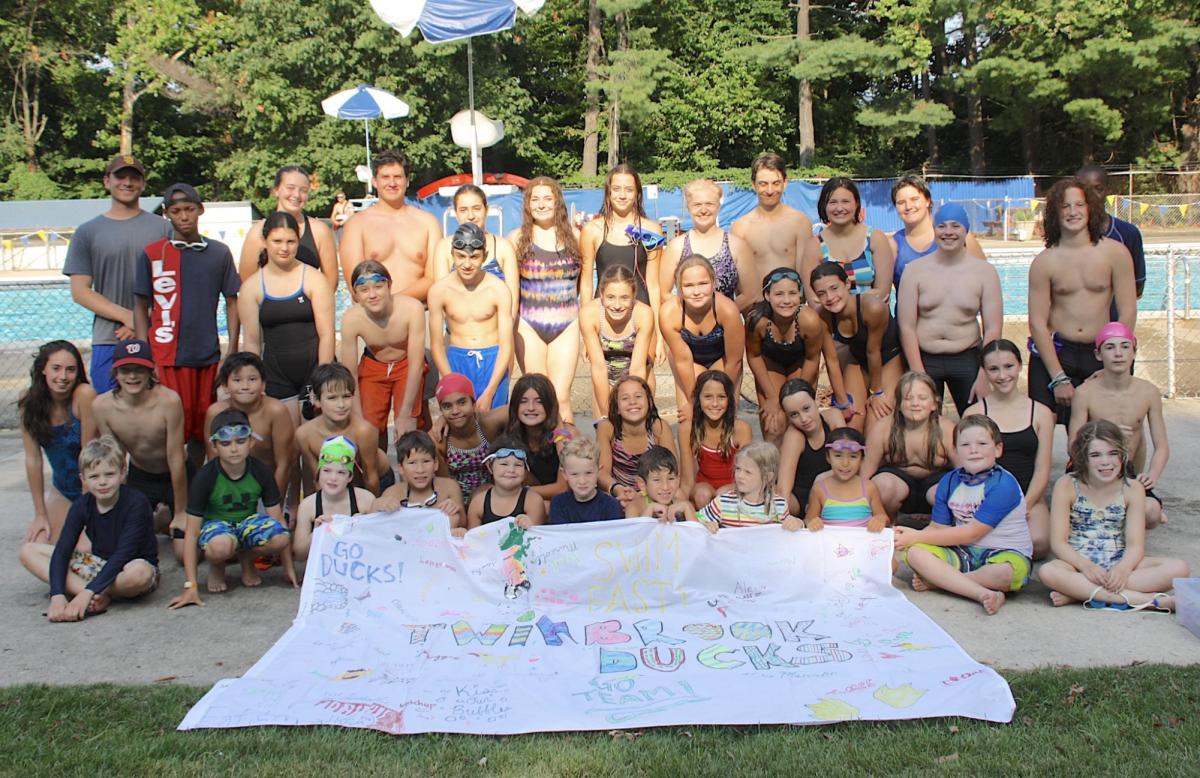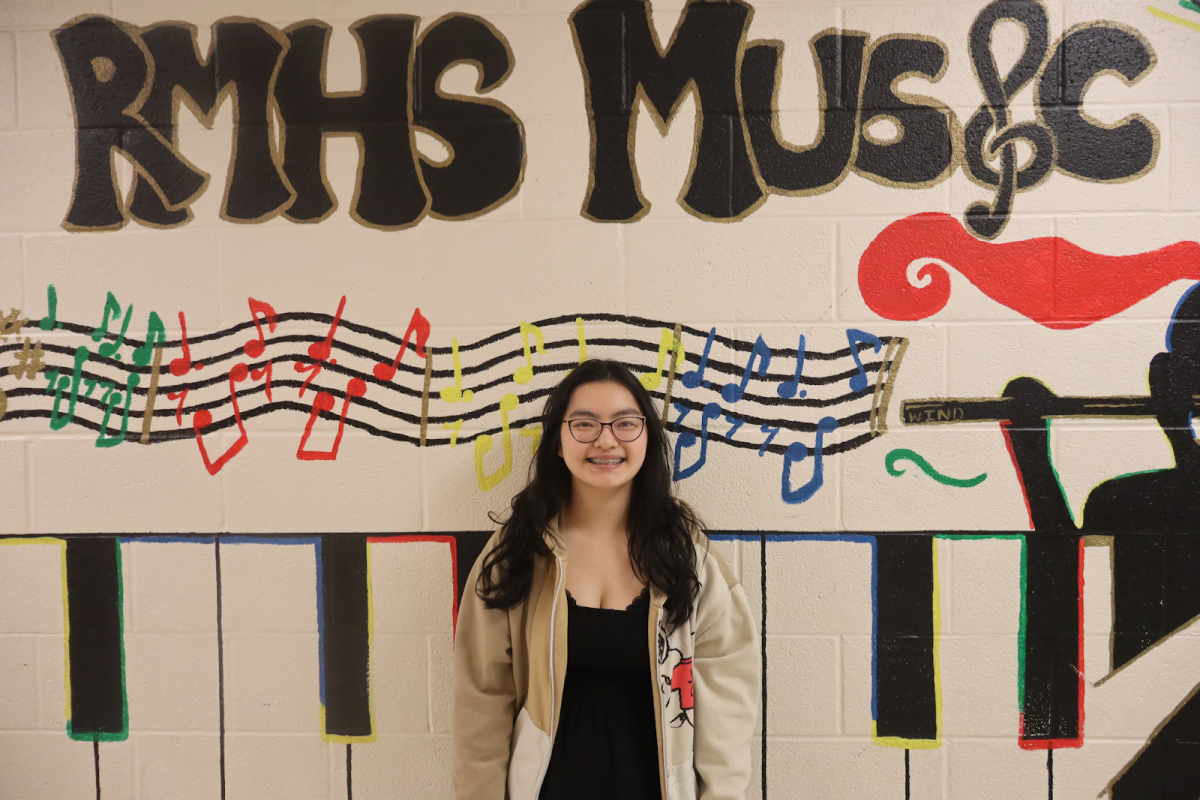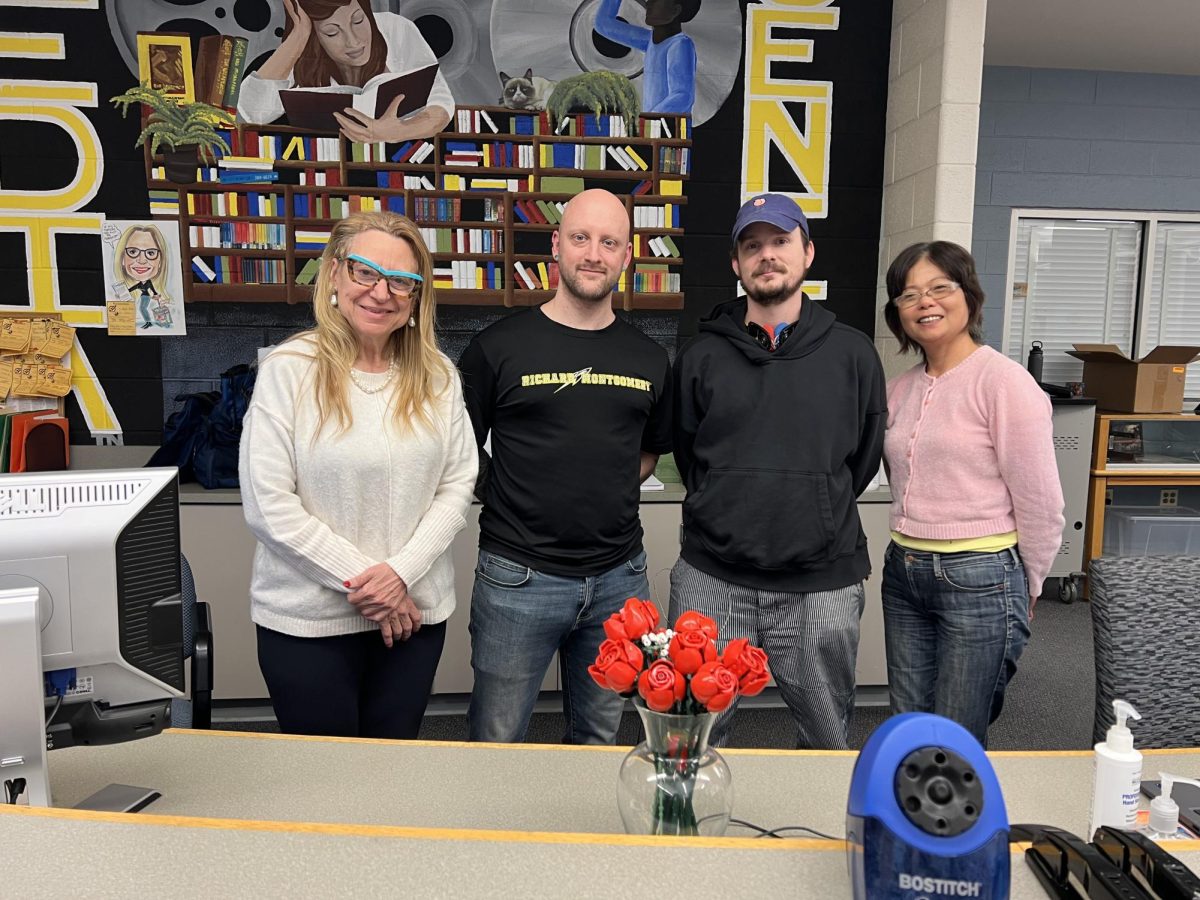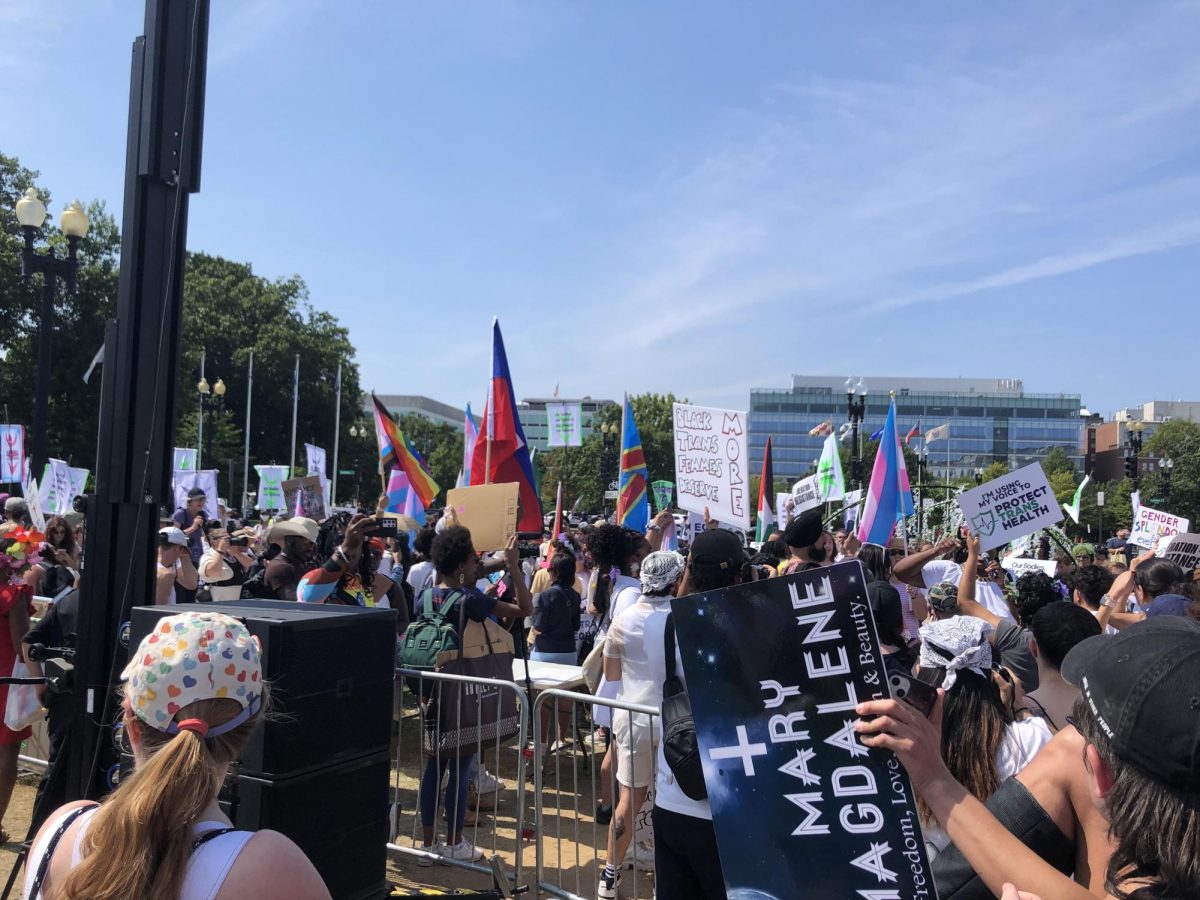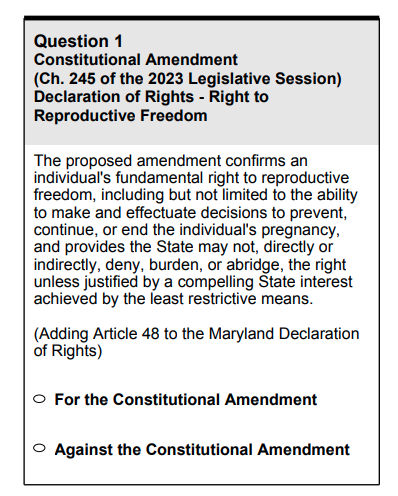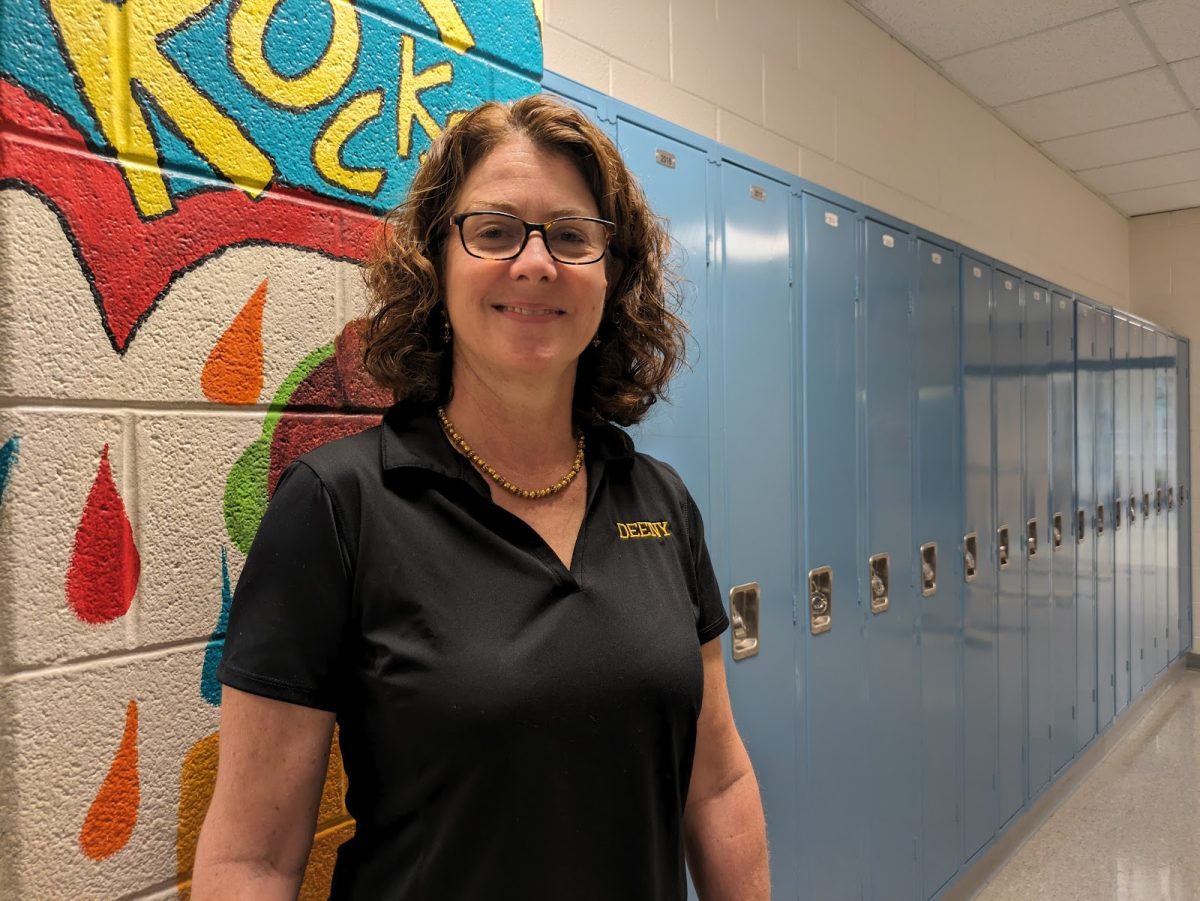33 years ago, the Americans with Disabilities Act was passed. It aimed to make discrimination against disabled people illegal and required day-to-day life to be accessible to all. As of now, we can still see the effects of this act: wheelchair-accessible bathroom stalls, bumped yellow sections at the end of sidewalks and ramps next to stairs to enter buildings. But there are still countless inequities in American society, and there is a long way to go until we gain full equality.
According to the U.S. Bureau of Labor Statistics, in 2022, only 34.8 percent of disabled people aged 16-64 were employed, compared to 74.4 percent of non-disabled people in the same age group. But not just in employment, cities and public transportation are also surprisingly inaccessible. As of June 2022, only one-quarter of New York Subway stops have an elevator or ramp, meaning 346 stops are unusable for those who cannot use stairs.
Issues of disability injustice are especially prevalent in school systems across the country due to staffing problems for special education positions and the lack of funding for resources. The issue of inequity towards disabled students has been debated in courts countless times. One even made it to the Supreme Court this year.
According to Education Week, Miguel Perez, a deaf student from the Sturgis Public Schools, didn’t have an interpreter for sign language for his years in the public school system. This prevented him from comprehending most of his education. He had continued to advance each year and maintained As and Bs, so his Spanish-speaking parents presumed he was on track to graduate.
However, when the time came to graduate, he instead got a certificate of completion. He could merely read at third-grade reading level, even after twelve years in the school system, and was not at the ideal graduation level.
Perez’s parents sued under the Individuals with Disabilities Education Act, which requires that schools provide students with free special education that supports their needs. His parents then accepted a settlement—Perez would receive free education at the Michigan School for the Deaf.
Yet, they still hadn’t been able to receive compensatory damages, so proceeded to sue under the ADA. This case was dismissed by lower courts, arguing they had accepted a settlement already and, therefore, could not receive said damages. Perez appealed to the Supreme Court, that eventually accepted the case.
Many advocates for disabled students argued that if courts ruled against Perez, parents would feel forced to decline any settlement under IDEA for fear of not receiving damages from the ADA. That would heavily limit the options for parents of disabled students.
But, in March, the Supreme Court ruled unanimously in favor of Perez. According to the PBS News Hour, Justice Neil Gorsuch wrote that the case “holds consequences not just for Mr. Perez but for a great many children with disabilities and their parents.”
Here at Richard Montgomery, there are many options for accommodations for disabled students. Currently, 19 staff are hired specifically for special education, not including counselors and admin who assist with accommodations.
Counselor Marcus Turner shared insights on student support and accommodations.
“There are many ways for students to get support,” Mr. Turner wrote over email. “Accommodations are developed based on student need. So, depending on what disability a student has…their accommodations will vary.”
Included in the possible accommodations is the resource class, which Sheryl Raskin Dismuke supervises.
“The resource class is sort of like a study hall,” Ms. Raskin Dismuke said, “The students can complete assignments, finish tests and meet with their teacher who can provide them extra support.”
There are many open and available options for students at RM to find a comfortable space to learn. The counseling department and any trusted adult are always there to help students resolve any of their concerns.
“There is always work to be done in not only supporting students with disabilities but also helping them to thrive in school settings.”Mr. Turner wrote. “There are many, many individuals in MCPS, Maryland and the country who dedicate countless hours to that very task.”


